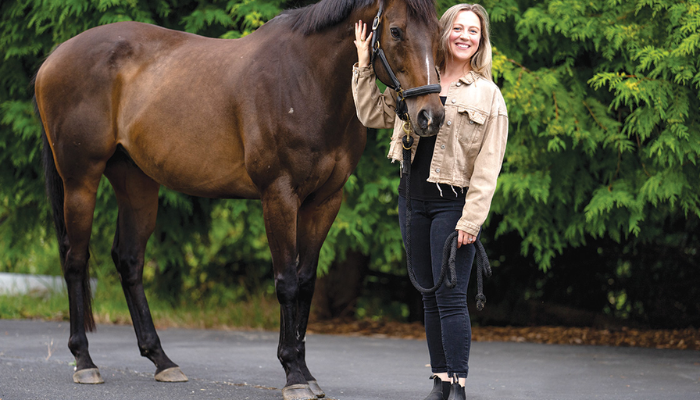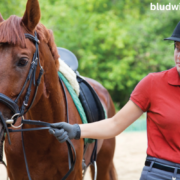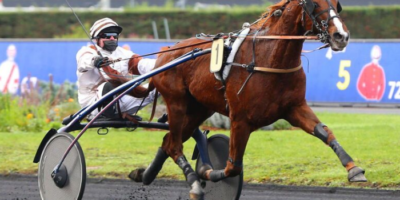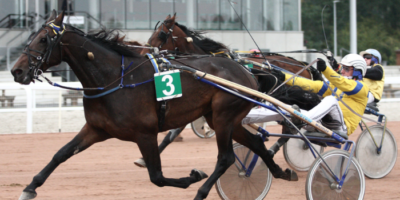Horses have long captivated human imagination with their grace, strength, and spirit. These majestic creatures, known scientifically as Equus ferus caballus, have played a pivotal role in shaping civilizations, cultures, and landscapes. The history and heritage of horses are rich tapestries woven with threads of evolution, domestication, and the profound bond they share with humans. Explore the world of horse racing with France Cheval Turf. Get the latest news, tips, and insights to enhance your betting experience.
The Evolutionary Journey
The story of the horse begins around 55 million years ago with a small, dog-sized ancestor called Eohippus or the “dawn horse.” This early equine roamed the dense forests of what is now North America, browsing on soft leaves. Over millions of years, the horse evolved, adapting to changing climates and landscapes. Through natural selection, Eohippus gave way to larger and faster species better suited to the expanding grasslands. By the Pleistocene epoch, around 2.6 million years ago, the modern horse’s direct ancestors had emerged.
Domestication and the Dawn of Civilization
The domestication of horses marks one of the most significant milestones in human history. Archaeological evidence suggests that horses were first domesticated on the steppes of Central Asia, in what is now Ukraine, southwest Russia, and west Kazakhstan, around 4000 BCE. These early domesticated horses were used primarily for meat and milk. However, their role quickly evolved as humans recognized their potential for transportation and labor.
The introduction of horseback riding revolutionized human mobility. It allowed for greater exploration, trade, and cultural exchange. Horses became essential in agriculture, warfare, and communication, profoundly influencing the development of ancient civilizations. In Mesopotamia, Egypt, and later in Greece and Rome, horses were revered and integrated into mythology, art, and daily life.
Horses in Culture and Mythology
Throughout history, horses have been symbols of power, freedom, and nobility. In mythology, they often appear as divine or mystical beings. The Greek winged horse Pegasus and the Norse god Odin’s eight-legged steed Sleipnir are just two examples of how horses have been woven into the fabric of folklore and religion.
In many cultures, horses were seen as companions in both life and death. The Scythians, an ancient nomadic people, buried their dead with horses to accompany them in the afterlife. Similarly, in ancient China, the Terracotta Army of the First Emperor includes life-sized horses, signifying their importance in both warfare and the spiritual realm.
The Renaissance and the Age of Exploration
The Renaissance period brought a renewed appreciation for horses, particularly in Europe. The breeding of horses became more sophisticated, with an emphasis on enhancing specific traits for war, work, and sport. This era saw the rise of famous breeds such as the Andalusian, Arabian, and Thoroughbred.
During the Age of Exploration, horses played a crucial role in the expansion of empires. Spanish conquistadors brought horses to the Americas, transforming Indigenous cultures and warfare. The Plains Indians, for example, became adept horse riders and developed a deep spiritual connection with their horses, which were central to their way of life.
Modern Equine Roles
Today, horses continue to be valued for their versatility and companionship. While their roles in agriculture and transportation have diminished with industrialization, horses thrive in sports, recreation, and therapy. Equestrian disciplines such as dressage, show jumping, and racing captivate audiences worldwide. Horses also provide therapeutic benefits, helping individuals with physical, emotional, and developmental challenges through equine-assisted therapy.
Preservation and Conservation
The legacy of horses is also one of responsibility and conservation. Many wild horse populations, such as the mustangs of North America and the Przewalski’s horses of Mongolia, face threats from habitat loss and human activity. Conservation efforts are crucial to preserving these wild herds and maintaining genetic diversity.
Moreover, various organizations and enthusiasts work tirelessly to protect and promote rare and endangered horse breeds. By supporting responsible breeding practices and advocating for the welfare of all horses, these groups ensure that future generations can continue to experience the majesty of these incredible animals.
Conclusion
The history and heritage of horses are testament to their enduring impact on human civilization. From their early days on the prehistoric plains to their role in modern society, horses have been steadfast companions, workers, and symbols of beauty and strength. As we continue to cherish and protect these magnificent creatures, we honor the profound connection that has shaped our world for millennia.

















Comments